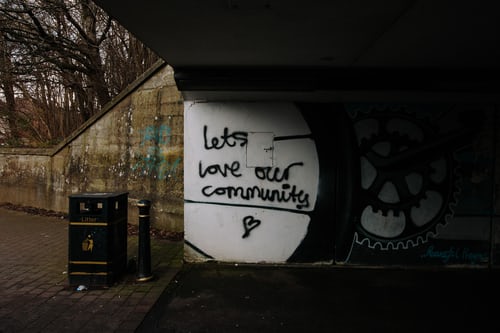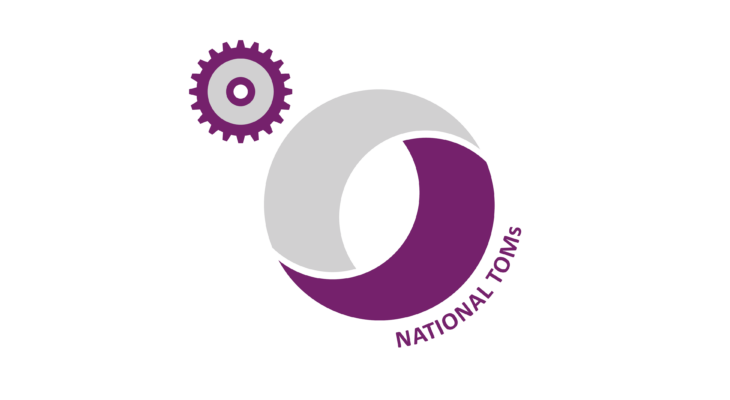The Local Government Association (LGA) has recently issued some excellent guidance for councils on how to connect with the UN Sustainable Development Goals (SDG). The document is very practical and provides some useful case studies.
In a nutshell, this document encourages Local Authorities to embrace the SDGs, made even more urgent by the current Covid-19 crisis. As the guide says, the SDGs can be used to “future-proof and consolidate the plans developed in response to Covid-19, leading to greater economic and social resilience and a healthier and sustainable environment”.
For anyone who isn’t familiar with the SDGs (don’t worry – you and over half of the population) here’s a short video which explains the 17 goals agreed by all UN member states in 2015 https://www.youtube.com/watch?v=RpqVmvMCmp0
The SDGs represent a comprehensive and ambitious plan to address inequalities and injustice for both humans and the planet, with clear targets to be achieved by 2030. However, whilst national government has agreed to these goals, because of their comprehensive nature, no one agency can address these alone. This also applies to Local Authorities. For the goals to be achieved, every level of society needs to engage with them – they need to become a shared responsibility.
“All of the SDGs have targets that are directly or indirectly related to the daily work of local and regional governments…Local governments are policy makers, catalysts of change and… best-placed to link the global goals with local communities”
In 2019 the LGA agreed a motion to support the SDGs at its Annual Conference, and at the same time made a case to government for funding to support councils’ engagement with them.
Whilst councils may be concerned about the knowledge and resource needed to deliver on the SDGs, there are strong arguments in their favour. As drivers of sustainable development in their communities, councils find themselves in a unique position to make meaningful impact. Covid-19 has highlighted the inequalities in our societies. The SDG principle of ‘Leave No One Behind’ lends legitimacy to councils to call for partnership working with anchor institutions, to direct support to the most deprived or discriminated in our communities. Additionally, indicators underpinning the SDGs provide a practical road map to address climate change, supporting the 300 or so UK councils who have already declared climate emergency. Indicators relating to each goal provide a structure for planning, action and review, and encourage partnership working – sharing joint goals.
Local Authorities have been hit hard by Covid-19, impacting on income at the same time as necessitating increased expenditure to support communities and businesses. Any activity requiring significant additional investment may be perceived as unachievable by most councils, but the holistic nature of the goals means that in many cases councils are already working to targets whilst other goals will be held by partner organisations in a locality.
It is important to view the SDGs as an incredibly effective communications tool – a set of shared principles which can unite communities. They provide an opportunity for true collaboration and partnership delivery because of the shared nature of the aspiration. Their holistic nature can be challenging (as they can’t be delivered in isolation), but they provide an opportunity to create effective and impactful partnerships which engage local communities to create lasting and meaningful change.






